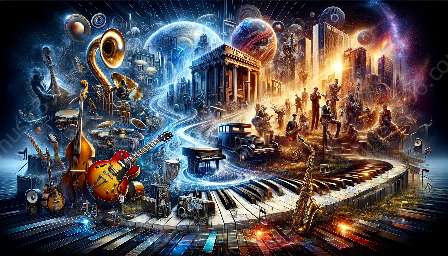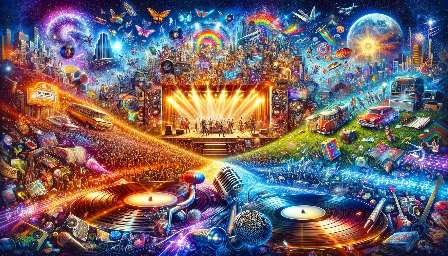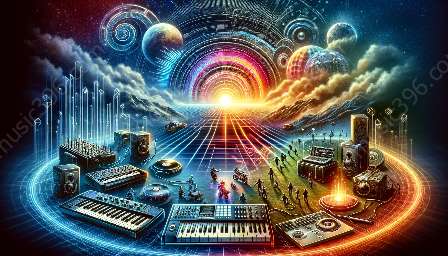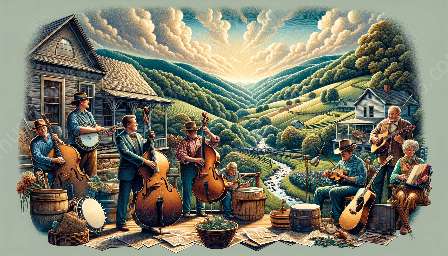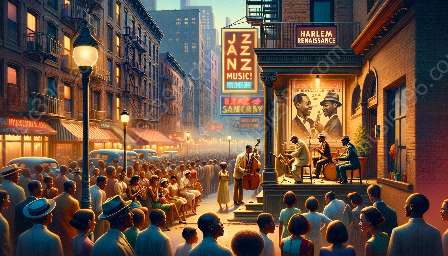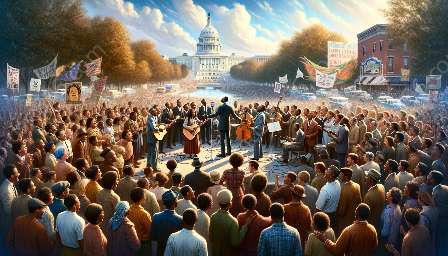Disco music has played a significant role in empowering marginalized communities throughout history, serving as a cultural and social catalyst for the uplifting of underrepresented groups.
The History of Disco Music
Originating in the early 1970s, disco music emerged from the underground dance scene in New York City, drawing inspiration from various musical genres, including funk, soul, and salsa. It quickly gained popularity, becoming the soundtrack of a cultural revolution. Disco's rise to prominence coincided with a period of social change, where marginalized communities sought greater recognition and empowerment.
Evolution of the Disco Sound
Disco music underwent a continual evolution, blending elements of electronic music, soul, funk, and pop to create a unique and vibrant sound. This sonic diversity provided a platform for marginalized communities to express themselves through dance and music, fostering a sense of empowerment and belonging.
Empowerment Through Disco Music
Disco music served as a powerful vehicle for empowerment among marginalized communities, offering a space where individuals could freely express themselves and find solidarity. The inclusive nature of disco clubs and the infectious beats of disco tracks created a sense of unity, breaking down social barriers and empowering individuals who had previously felt marginalized.
Cultural Influence of Disco
During the height of the disco era, the music and dance culture became a symbol of freedom and self-expression for communities facing discrimination. The disco movement provided a platform for LGBTQ+ individuals, people of color, and other marginalized groups to assert their identities and demand recognition and respect.
Legacy and Impact
Despite the decline of disco's commercial success in the late 1970s, its legacy continues to resonate through pop culture and the music industry. The empowerment and sense of community fostered by disco music have left an indelible mark, inspiring subsequent generations of musicians and artists to advocate for social change and equality.
Empowerment in Modern Times
The influence of disco music on marginalized communities is still felt in contemporary music and cultural movements. Artists continue to draw inspiration from disco's empowering spirit, using music as a tool for advocacy and empowerment within their communities.
Conclusion
Disco music's impact on marginalized communities has been profound, providing a platform for empowerment, self-expression, and cultural recognition. Through its vibrant beats and inclusive ethos, disco music has helped marginalized communities find their voice and assert their identities, leaving a lasting legacy of empowerment and resilience.






